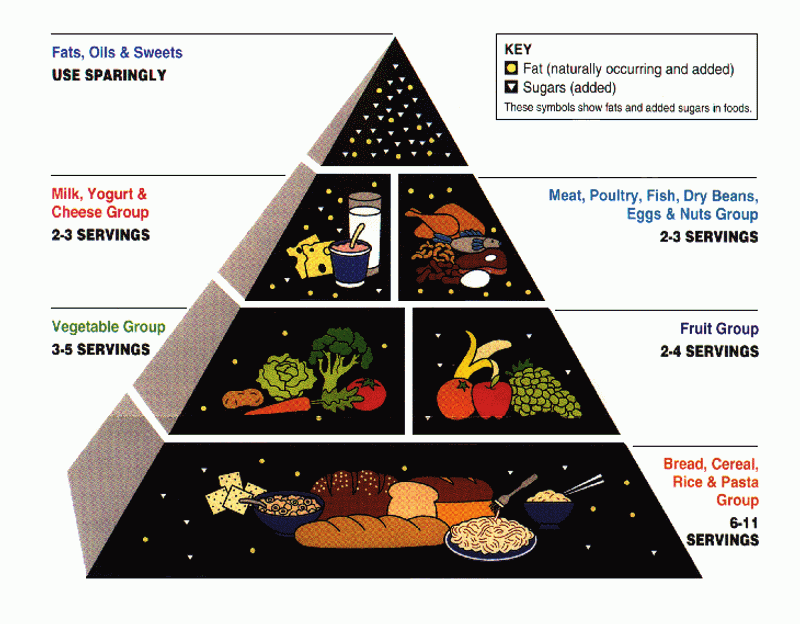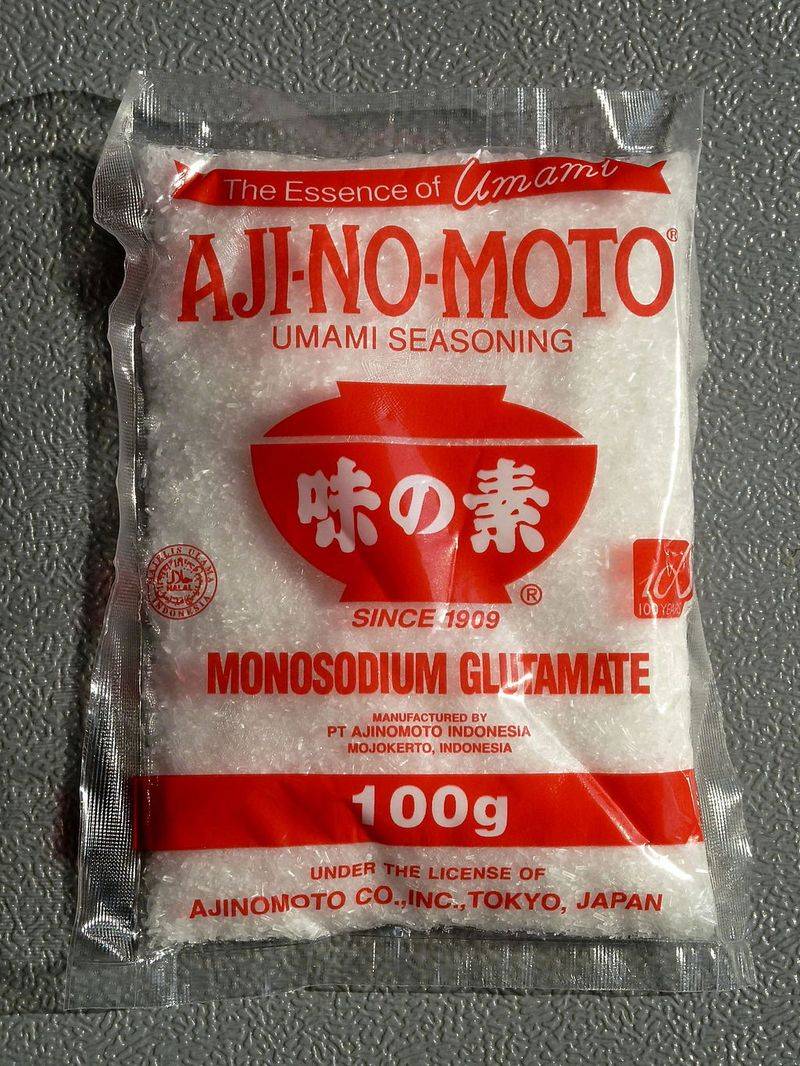Outdated Food Myths We Believed 50 Years Ago
Back in the day, people believed all sorts of wild things about food that science has since proven wrong. From eggs being heart villains to margarine being a miracle spread, these myths shaped how families ate for decades.
Today, we know better thanks to modern research and nutritional science. Get ready to discover which popular food beliefs from 50 years ago turned out to be totally bogus!
Disclaimer:
Health information reflects general research at publication and may evolve. Individual needs vary; consult a qualified clinician for personal advice. Product or brand mentions are illustrative only and not endorsements.
1. Eggs Are Bad For Your Heart Because Of Dietary Cholesterol

For years, eggs got blamed for heart disease because they contain cholesterol. Doctors warned people to limit their egg intake, thinking dietary cholesterol directly raised blood cholesterol levels.
However, research now shows that saturated and trans fats affect heart health way more than dietary cholesterol does. Most people can enjoy eggs without worrying about their ticker!
2. Brown Eggs Are More Nutritious Than White Eggs

If you thought brown eggs were healthier, you’re not alone. Many folks believed the darker shell meant better nutrition, leading to higher prices at grocery stores.
Truth bomb: eggshell color simply depends on the chicken breed that laid it. White or brown, the nutritional value inside stays exactly the same. Save your money and pick whichever color you fancy!
3. Margarine Is Healthier Than Butter

Margarine swept onto the scene as butter’s supposedly healthier cousin. People switched in droves, believing the plant-based spread would protect their hearts better than dairy butter.
Plot twist: many margarines contained trans fats, which are actually worse for cardiovascular health than butter’s saturated fats. Modern science flipped this myth completely upside down!
4. Low-Fat Is Always Healthier For Everyone

Remember when everything went low-fat? Fat became public enemy number one, and food companies stripped it from products left and right.
What they didn’t tell you: removing fat often meant adding sugar and processed ingredients. Plus, healthy fats are actually essential for your body and brain. Balance beats extremes every single time, folks!
5. MSG Is Dangerous And Gives Most People Headaches

MSG got demonized big time, with restaurants proudly advertising they didn’t use it. People blamed this flavor enhancer for headaches, dizziness, and all sorts of mysterious symptoms.
Science says otherwise: multiple studies found no consistent link between MSG and these complaints. It turns out MSG is safe for most people and naturally occurs in tomatoes and cheese too!
6. Microwaves Destroy Nutrients Or Aren’t Safe For Cooking

When microwaves became household staples, scary stories spread about radiation destroying nutrients and making food dangerous to eat.
Actually, microwaves can preserve nutrients better than some traditional cooking methods because they use less water and shorter cooking times. The radiation stays inside the box and simply heats your food. No superpowers or nutrient destruction happening here!
7. Carrots Dramatically Improve Night Vision

You’ve probably heard carrots help you ‘see in the dark.’ Carrots do provide vitamin A, which supports normal vision – but they won’t grant night vision superpowers.
Fun fact: the myth spread decades ago as a clever public story; the science never backed it.
8. Coffee Stunts Your Growth

Kids everywhere heard this warning when reaching for a coffee cup. Parents worried that caffeine would somehow freeze their children’s height potential forever.
Good news for young coffee lovers: no scientific evidence supports this claim. Genetics and nutrition determine your height, not your morning brew. Though too much caffeine isn’t great for kids, it definitely won’t shrink them!
9. Sugar Makes Kids Hyperactive

Birthday parties became sugar-free zones because everyone knew candy turned kids into bouncing tornados. Parents blamed every tantrum and wild moment on too many sweets.
Scientists tested this thoroughly and found zero connection between sugar consumption and hyperactivity. Excitement from parties and special events probably explains the wild behavior better. Just saying, correlation doesn’t equal causation here!





